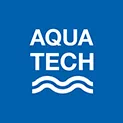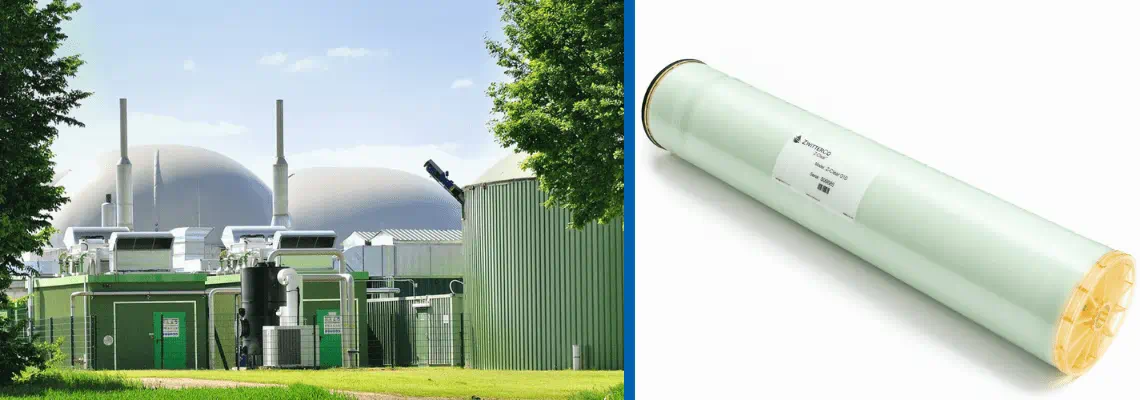Advanced membrane technology company ZwitterCo has raised one of the largest Series A funding rounds in history for a water technology company to expand the development and production of its zwitterionic membrane technology.
One of the largest Series A funding rounds in history
Advanced membrane technology company ZwitterCo has raised one of the largest Series A funding rounds in history for a water technology company.
The membrane manufacturer achieved $33 million in financing, led by deep tech investment group DCVC.
The round also featured investment from Heritage Group Ventures, Genoa Ventures, and Mott Corporation, and existing investors MANN+HUMMEL Corporate Ventures, Burnt Island Ventures, and R-Cubed Capital Partners.
ZwitterCo said the funding will add applications development, increase its pilot fleet, build inventory to meet the demand for ZwitterCo products. The company will also commission an innovation centre just north of Boston to accelerate the development of new membrane products based on its chemistry.
The company has patented zwitterionic co-polymers to build advanced membranes that solve wastewater separation challenges.
“ZwitterCo’s novel membrane chemistry will help solve water scarcity around the globe by making it easy and affordable for a wide variety of industries to adopt water reuse,” said Jason Pontin, a partner at DCVC and chairman of ZwitterCo’s Board of Directors.
Superfiltration and organic rejection
ZwitterCo’s Superfiltration (SF) membranes are a class of membrane that falls between ultrafiltration and nanofiltration.
SF membranes demonstrate high nanofiltration-like organic rejection and low ultrafiltration -like inorganic/salt rejection.
Some SF membranes, ZwitterCo said have other properties such as wide pH tolerance or the ability to clean with chlorine, while others have chemistries that offer low fouling on streams that have been considered unsustainable in the past.
“Over four billion people experience severe water scarcity at various times during the year.”
These membranes can be an option for applications requiring a separation of components, such as oils and grease particulates as well as dissolved constituents that foul and create operational challenges for reverse osmosis.
Alex Rappaport, co-founder and CEO of ZwitterCo, said: “Today, over four billion people experience severe water scarcity at various times during the year.
“As the world works to adapt to population growth and climate change, reusing wastewater safely and economically is imperative," he went on to say.
Symbiotic partnership
After the announcement of the Series A funding, ZwitterCo announced a partnership with Digested Organics, a technology company producing advanced filtration solutions in nutrient management, water reclamation, and product concentration and clarification.
The partnership aims to help introduce new technologies to a market that are experiencing the high cost of offsite hauling, strict nutrient regulations, and frustrating land application practices.
ZwitterCo claims that its breakthrough membranes can handle more than 50,000 ppm (five per cent) of fats, oil, and grease while remaining immune to irreversible organic fouling, which makes them a good fit for applications like liquid digestate.
Fats, oils and greases, otherwise known as FOG, is a growing concern globally due to the damage they can cause in sewers, causing blockages and the cost of clearing them.
Related content
- FOG the dark side of dark kitchens
- DoE grant links infrared thermography to ceramic membrane manufacturing
- Membranes tech dive: seeking the holy grail







